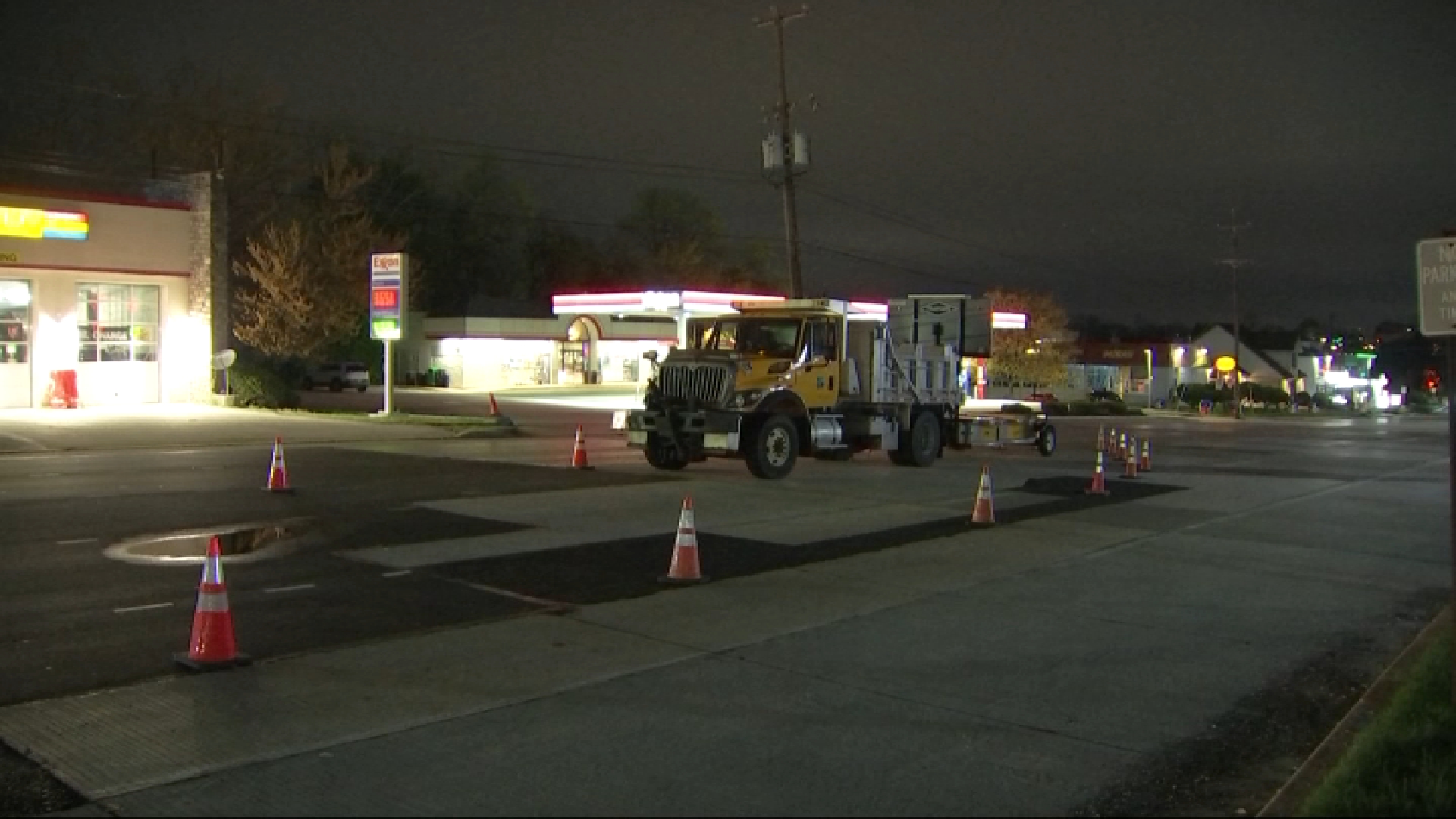At least nine people died from heroin overdoses in Philadelphia over the weekend, according to police.
The first overdose victim was a 34-year-old man who was found dead inside a vehicle on the 2800 block of East Allegheny Avenue Saturday. He was pronounced dead at 8:35 a.m.
A 36-year-old woman died at 2:15 p.m. Saturday inside a home on the 2800 block of Rosehill Street.
On Sunday, a 24-year-old man was pronounced dead at 4 a.m. after he was found unresponsive inside a home on the 3000 block of North Broad Street.
A 28-year-old man was found inside a parked vehicle on the 3200 block of North 2nd Street and pronounced dead at 12:53 p.m.
At 42-year-old man was found unresponsive inside a home on the 3300 block of Kensington Avenue. He was pronounced dead at 1:26 p.m.
A 41-year-old man was found unresponsive inside a vacant lot on the 2800 block of D Street. He was pronounced dead at 2:01 p.m.
Local
Breaking news and the stories that matter to your neighborhood.
A 31-year-old woman was found unresponsive inside a home on the 3300 block of Amber Street. She was pronounced dead at 2:24 p.m.
A 40-year-old man was found unresponsive inside a home on the 2800 block of Kensington Avenue. He was pronounced dead at 2:07 p.m.
Finally, a 29-year-old man was found unresponsive on the street on the 600 block of East Indiana Avenue. He was pronounced dead at 8 p.m.
Investigators say the overdoses appear to be caused by a bad batch of heroin that is currently circulating in Philadelphia though they have not yet identified the specific brand. They continue to investigate.
Last month, nearly 50 people nearly died in one day after a series of overdoses in the same area -- the city's neighborhoods of Kensington and North Philadelphia. Police said at the time a deadly batch of the illicit drug or a new much stronger opioid could have been the cause. That spike remains under investigation.
Heroin in Philadelphia is some of the purest in the nation ranging between 80 and 90 percent, officials explained earlier this year as part of our special investigation into the epidemic.
Sometimes, the drugs are cut with dangerous chemicals like rat poison. In other cases, much stronger synthetic opioids like fentanyl or new lab-cooked derivatives are mixed in to produce a stronger high -- often with deadly consequences.
Deaths from fentanyl skyrocketed by 636 percent over the past year in Philadelphia. In May, the city's narcotic's chief said his officers were monitoring a potential infiltration of W-18, another synthetic painkiller that, when mixed with heroin, can be 10,000 times stronger than morphine.
Overdose surges have also been reported in Ohio and parts of the Midwest recently.
People taking opioids can quickly grow tolerant to the highs prescription painkillers and heroin provide. Excruciatingly painful withdrawals follow. These falls get worse with each cycle so users seek out stronger highs, putting them at further risk with every score.
Heroin users in the throes of withdrawal explain they can, at times, seek out the strongest drug available -- sometimes flocking toward heroin batches that caused others to overdose.
Earlier this year, NBC10 undertook a special investigation into the heroin and opioid crisis. Called Generation Addicted, the six month probe spoke with those suffering from the disease of addiction and looked for solutions to address the epidemic. Learn more about the report here.



